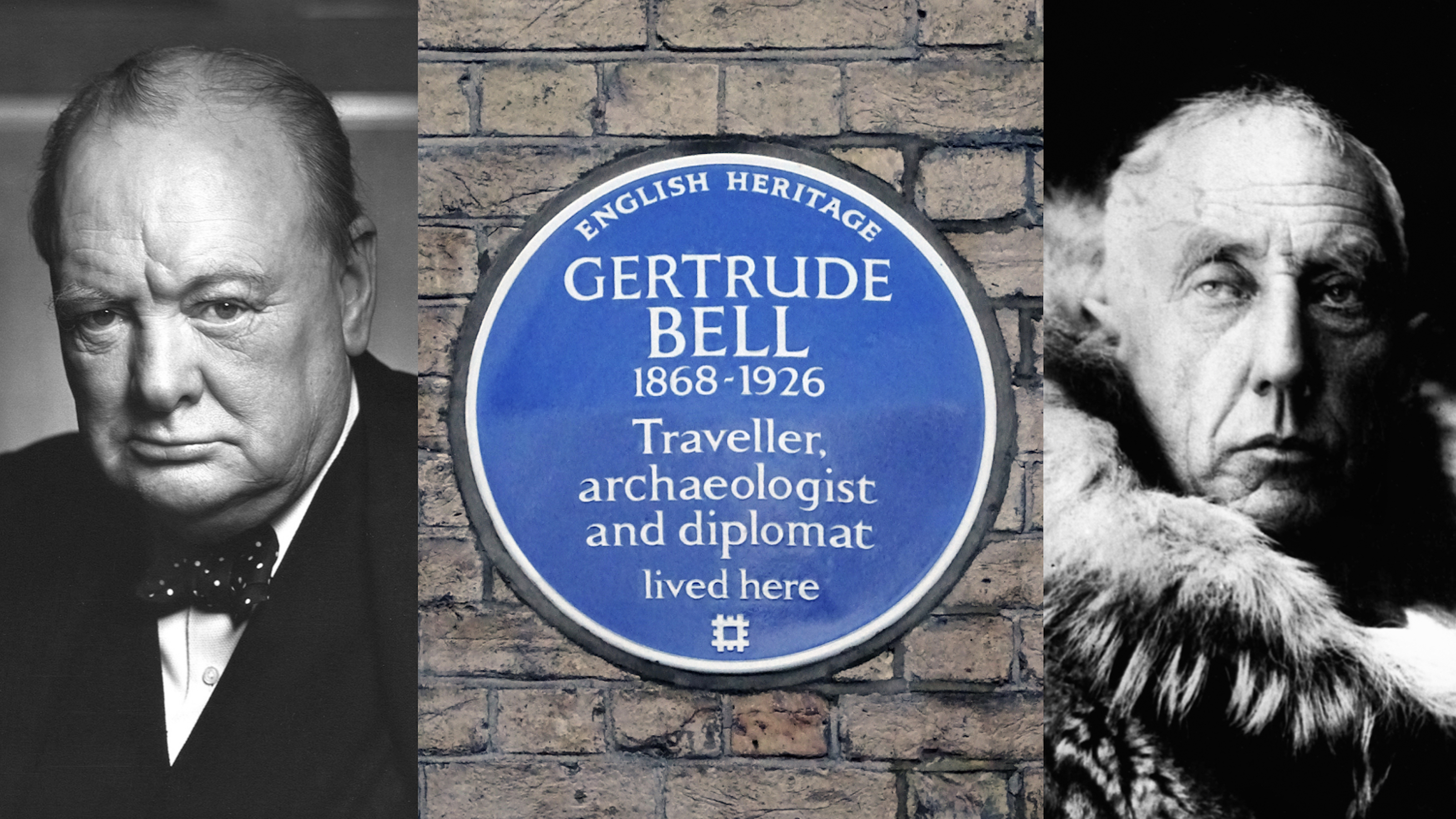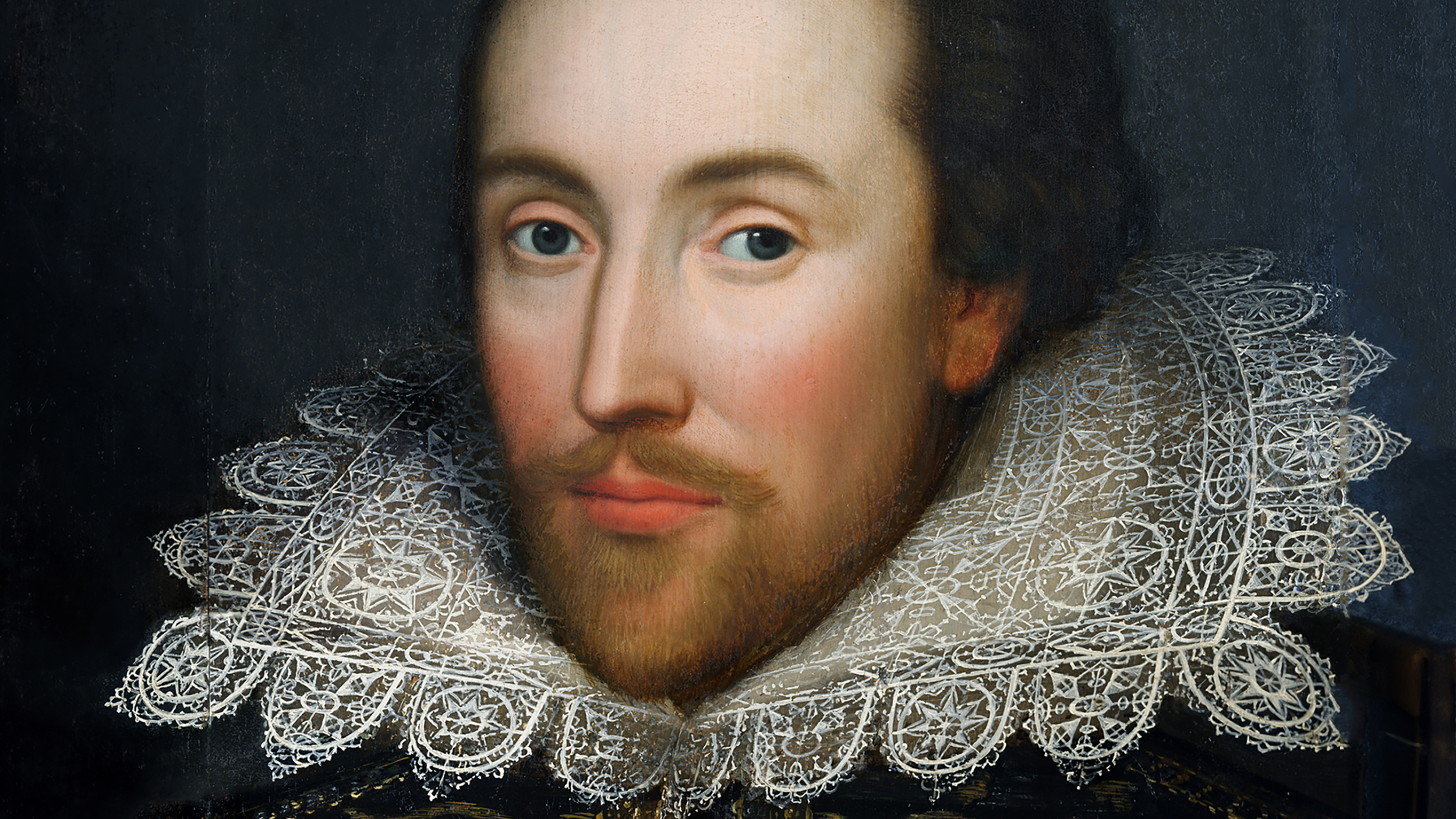Shakespeare’s Tough Leadership Lessons

Shakespeare’s Henry V is a play full of great motivational speeches and inspiring leadership. Based on actual historical events of the 15th century, the play centers around the climactic Battle of Agincourt, in which King Henry led an army of greatly outnumbered British to victory over the French in a fight to reclaim territory seized in earlier campaigns.
Not surprisingly, the play has served modern leaders from Winston Churchill to the supporters of George W. Bush as a powerful metaphor for the triumph of heroic leadership against overwhelming odds.
And yet, as Harvard Business School Professor Nancy Koehn points out, the play is not only about grand speeches and lopsided victories. In fact, Henry V is a play that forces us to examine the painful choices and the complex challenges leaders face.
Core Skill: Leadership
King Henry’s ability as a leader is severely put to the test when a childhood companion and drinking buddy named Bardolph is found guilty of stealing from a conquered French town. The sentence is death by hanging, a punishment King Henry has himself decreed for looters.
Nancy Koehn describes what is hanging in the balance for King Henry as he faces this most trying and complicated leadership challenge:
Not all critics are so kind to King Henry in their judgment of his actions. And yet, we find a strong consensus in many scholarly readings that Henry is no caricature, but a quite complicated leader. For instance, on this “How to Think Like Shakespeare” panel discussion, Kenji Yoshino, Carol Gilligan and James Shapiro reflected on how Shakespeare’s supple treatment of Henry allows us to view him simultaneously as a war criminal and an admirable leader:
Another similarly complex reading of Henry V as a leader comes from Michael Kahn, Artistic Director of The Shakespeare Theatre Company in Washington D.C. Kahn reflected on two very different productions he made of Henry V–years apart–that helped him understand the essentially non-ideological nature of Shakespeare, that he was not pro-war or anti-war, but showed his audiences the full complexity of leadership:




